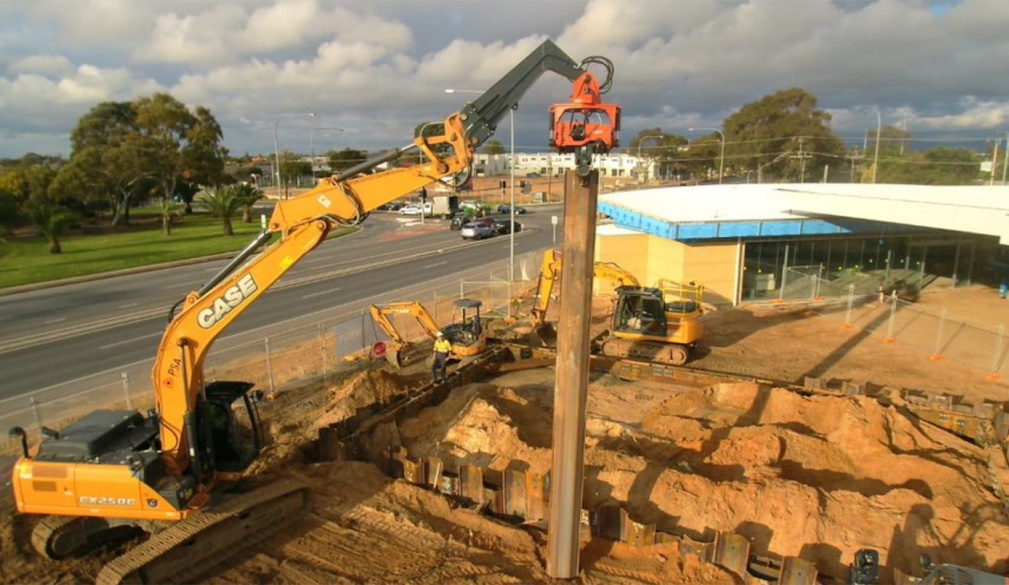5 Major Advantages of Building Site Dewatering Services
- Written by NewsServices.com

There is a common criterion used in describing how good people are when it comes to their profession. This rule is the quality of work such people produce. When we look at the most magnificent jobs in various professions, we discover that the professionals who performed those jobs adopted several methods that demanded creativity and commitment. The construction sector has no exemption.
Nowadays, we find many professionals in construction companies such as The PSA Group, but not all these professionals produce excellent jobs. This might be because not all of them have access to information on the best construction techniques. Indeed, building professionals have a formula and method they use in any construction site to increase their productivity. An example of these formulas or methods is dewatering.
Dewatering is the process of removing excess groundwater from the soil. Yes, there are different forms of dewatering, but the best professionals use dewatering in water-logged construction sites because they know its benefits. This article contains some of the benefits of dewatering a construction site and why you should consider it for your project. Read on to learn more.
Benefits of Construction Site Dewatering
The benefits of Construction site dewatering are numerous, and highlighted below are a few of them:
-
Soil stability: Some contractors may argue that this is no excuse because they are different types of foundations for different soil types. True, but the best contractors also know that excess water in the soil reduces the efficiency of any foundation used. Hence, dewatering removes the excess water to make the soil stable; thus, increasing the efficiency of a foundation type.
-
Worker safety: [Bummers] “once my workers use essential construction wears, they are safe.” This is not true. Having the proper wear ensures one phase of workers’ safety; having a good, stable, and secure working area (construction site) is another phase. Water-logged construction sites tend to be slippery, increasing the risks of accidents on sites. Hence, dewatering reduces these risks and ensures workers’ safety.
-
Scheduling: Two contractors are given similar constructions on two sites ( water-logged and dry sites). It is discovered that the construction work moves faster on the dry construction site than on the water-logged site. This is because excess water slows and increases the duration of construction work, thereby demanding more effort. Dewatering helps balance this duration (scheduling) to move similarly to the dry construction site.
-
Equipment safety: A good workman needs his tools to be in good working condition as they are essential for obtaining quality results on the site. Be reminded that most construction work tools are made from materials prone to corrosion, and corrosion reduces their functionality. Water is a factor that implements corrosion; hence, before beginning construction, dewatering a construction site protects the tools and equipment from harm.
-
Protect the ecosystem: The dangers of excess water to the ecosystem ate innumerable, ranging from erosion to pollution — the dangers are much. However, the best contractors know the benefits of working in an ecofriendly environment; thus, they use dewatering techniques to obtain an ecofriendly construction site.
Conclusion
Construction site dewatering such as well point dewatering, is a formula employed by some of the best contractors in the construction industry to obtain mind-blowing structures. This article has considered some of the top reasons why they use this technique and the benefits that are attached to it. We hope that you are convinced.







